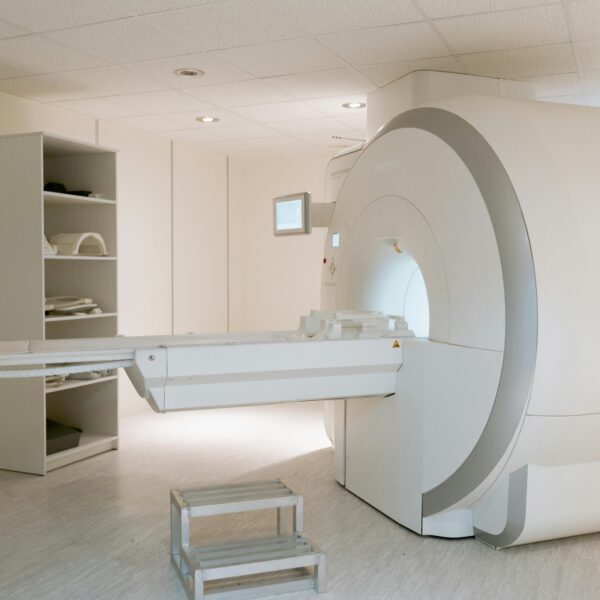Prior authorization is a process that requires healthcare providers to obtain approval from the insurance company before certain medical services, treatments, or medications can be provided to a patient. This system is designed to ensure that the proposed care is medically necessary, aligns with the patient’s coverage, and meets the insurance company’s established guidelines.
Healthcare insurers such as Cigna and UnitedHealthcare have recently taken steps to make prior authorization easier for all. By implementing these processes, insurance providers aim to manage healthcare costs and utilization, while also promoting the most appropriate and effective care for patients. The process typically involves the healthcare provider submitting detailed clinical information, such as the patient’s diagnosis, proposed treatment plan, and supporting evidence, to the insurance company for review. The insurance company then evaluates the request and either approves or denies the service based on their coverage policies and medical necessity criteria.
This program plays a crucial role in healthcare by helping to avoid unnecessary or inappropriate medical interventions, reduce the risk of adverse outcomes, and align the care provided with the patient’s insurance benefits. While the process can be perceived as an administrative burden by some healthcare providers, it serves as a safeguard to ensure that patients receive the most appropriate and cost-effective care, ultimately benefiting both the patient and the healthcare system as a whole. As it is becoming more common in healthcare insurance programs, it is important to know what it is and the pros and cons of utilizing it.
The Challenges of Prior Authorization in Healthcare
Prior authorization requirements imposed by healthcare insurance providers have become a significant burden for both patients and healthcare providers. This administrative red tape often delays patient access to necessary care, creating frustrating barriers that negatively impact health outcomes.
The complex prior authorization process requires healthcare providers to submit detailed documentation and navigate rigid approval criteria, consuming valuable time and resources. This administrative burden diverts attention away from the core mission of providing quality care, as providers must dedicate staff and effort towards navigating the insurance company’s bureaucratic requirements.
The delays caused by prior authorization can be detrimental to patient health, especially for time-sensitive conditions or treatments. Patients may face agonizing waits before receiving approval, or may forgo recommended care altogether due to the hassle of the process. This jeopardizes their ability to access the treatments they need in a timely manner, compromising their wellbeing and quality of life.
Streamlining or eliminating unnecessary prior authorization requirements would free up healthcare providers to focus on their patients, while ensuring that individuals can promptly receive the care prescribed by their doctors. Reducing this administrative burden is essential to upholding the integrity of the healthcare system and prioritizing the needs of patients over the profit motives of insurance companies.
How Prior Authorization Programs Can Streamline the Process
Prior authorization software is a game-changer for healthcare providers, streamlining the complex and time-consuming process of obtaining approval for medical treatments and medications. These intelligent systems leverage automation to eliminate the manual back-and-forth that has long plagued the prior authorization workflow, saving valuable time and resources.
By integrating with electronic health records and payer platforms, prior authorization software can electronically submit requests, track status updates, and even identify potential issues before they arise. This level of integration and automation not only reduces the administrative burden on healthcare staff but also ensures a more efficient and accurate prior authorization process.
Moreover, the use of prior authorization software can lead to improved patient outcomes. By expediting the approval process, patients can receive the necessary care and treatments in a timely manner, without the delays and frustrations often associated with traditional prior authorization methods. This, in turn, can contribute to better overall health and patient satisfaction.
Investing in prior authorization software is a strategic move for healthcare organizations, as it not only enhances operational efficiency but also aligns with the industry’s shift towards value-based care. By optimizing the prior authorization workflow, providers can focus on delivering high-quality, patient-centric care, while also improving their financial and administrative performance.
If you are a healthcare provider or professional looking for a new job where you can help those in need, then check out our job page! We have roles open all across the country, so apply today and learn more! If you are looking for something different, then send in an updated resume and connect with a recruiter as early as today.











